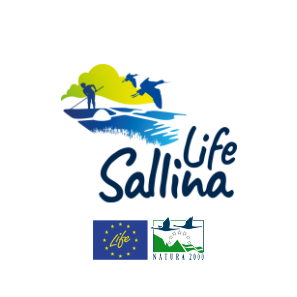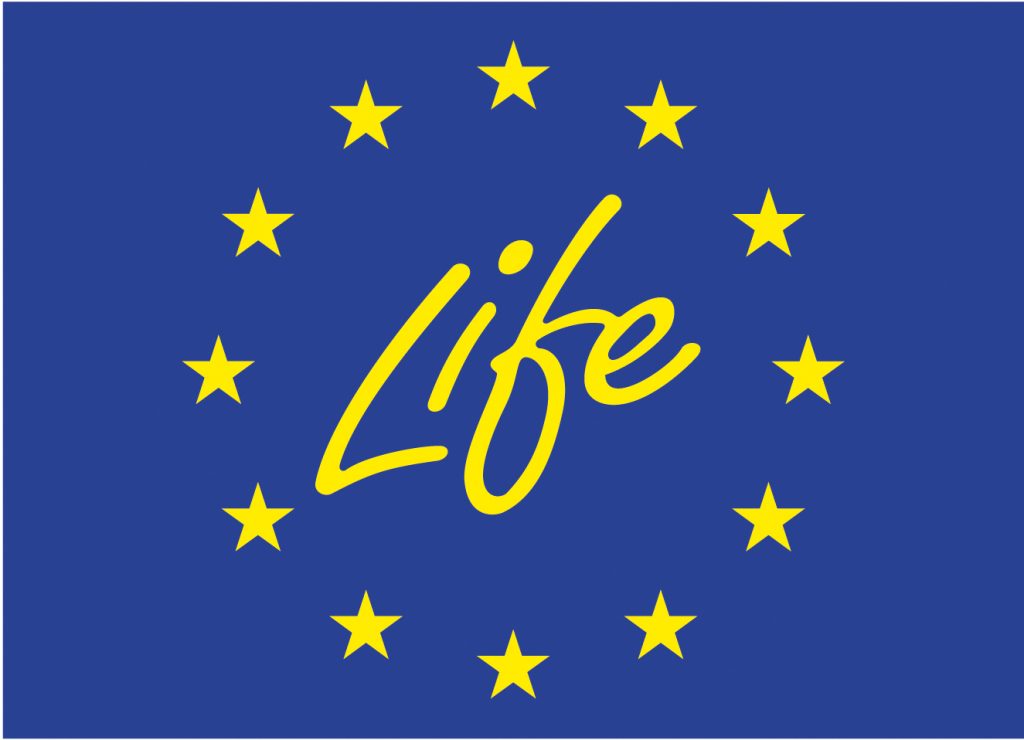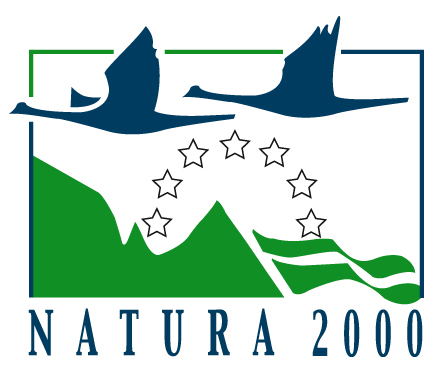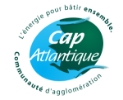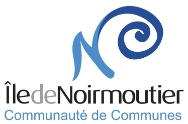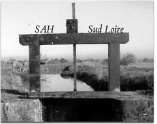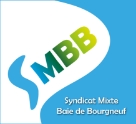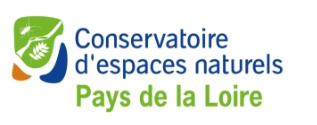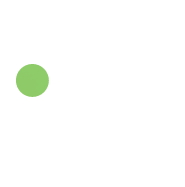Financial partners
LIFE Sallina is funded by the European Union (60%), the Loire-Bretagne Water Agency (13%), the Pays-de-la-Loire Region (7%) and the Ministry of Ecological Transition and Solidarity (6%) and by the 5 beneficiaries of the project.
Technical committees
Technical committees have been set up in each of the territories: Guérande and Mès marshes, Île de Noirmoutier marshes and Millac marshes.
Composed of all the local players (salt workers, breeders, communities, environmental protection association, hunters associations, state service, etc.), the technical committees meet at least once a year to monitor the progress of actions, take note of the results of biological monitoring carried out and discuss the directions to be taken.
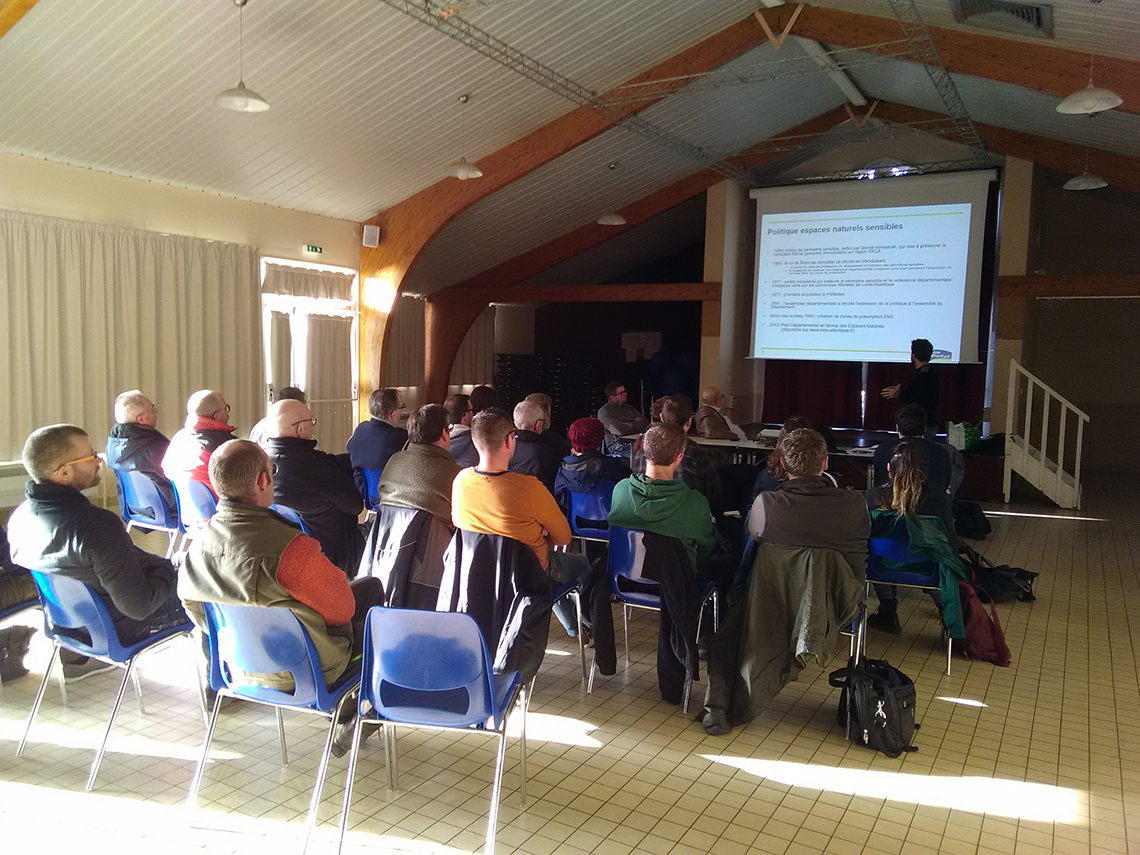
The technical committee on the Millac pilot site (photo credit: SMBB)
The scientific council
The scientific council brings together 7 experts on the challenges of salt marshes (ornithologist, entomologist, botanist, phytosociologist, sociologist, etc.). It will meet at least once a year to take a critical look at the results of the LIFE project actions, guide monitoring protocols, etc.
The 7 experts are:
- Joseph Baudet, University of Nantes – Ecology of brackish marshes
- Anatole Danto, Doctoral Student at the National Center for Scientific Research (CNRS) on Human / Nature Relations
- Guillaume Gelinaud, living Brittany – Member of the Regional Scientific Council for Natural Heritage (CSRPN) Brittany (Coastal and bird ecology), Habitats / Birds referent for the Natura 2000 sites of Guérande and Mès
- Franck Herbrecht, Armorican Invertebrate Study Group and coordinator of the Odonate National Action Plan
- Jean Le Bail, National Botanical Conservatory of Brest.
- Didier Montfort, member of the Natural Sciences Society of Western France (SNNOF).
- Jean-Guy Robin, coordinator of the Species-Habitats Commission of the Regional Scientific Council for Natural Heritage (CSRPN) Pays-de-la-Loire.


